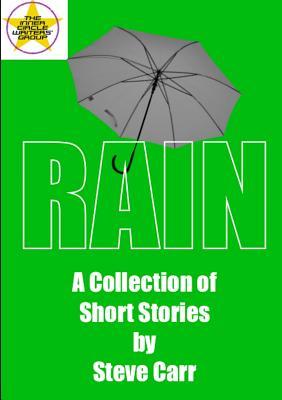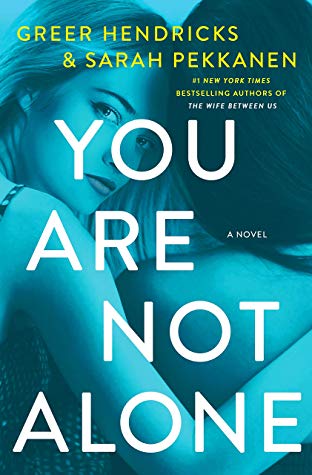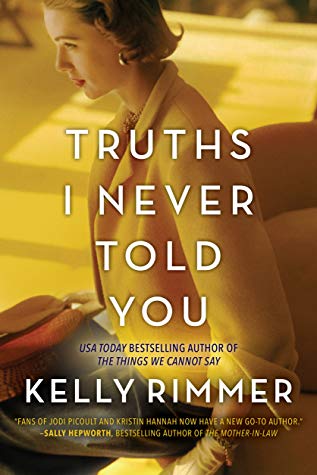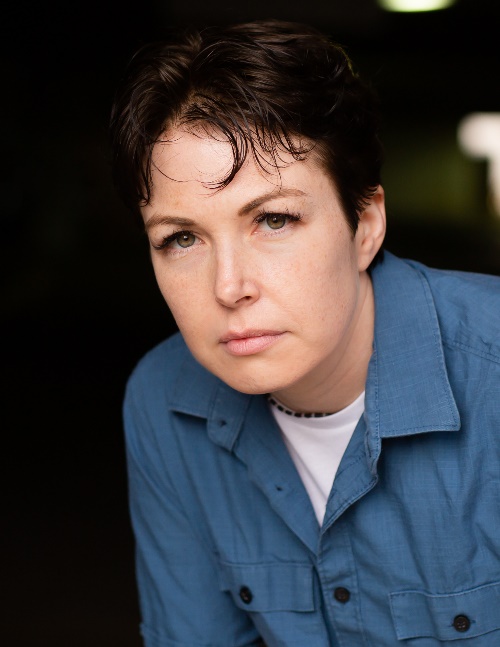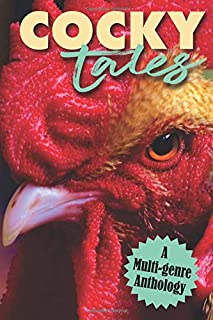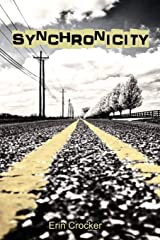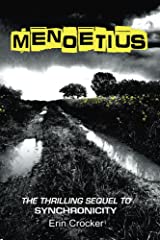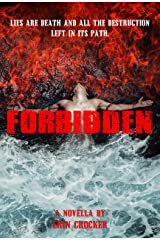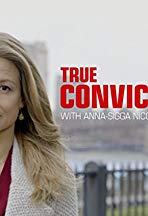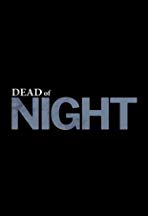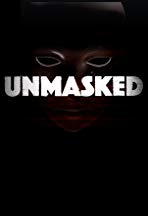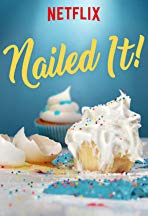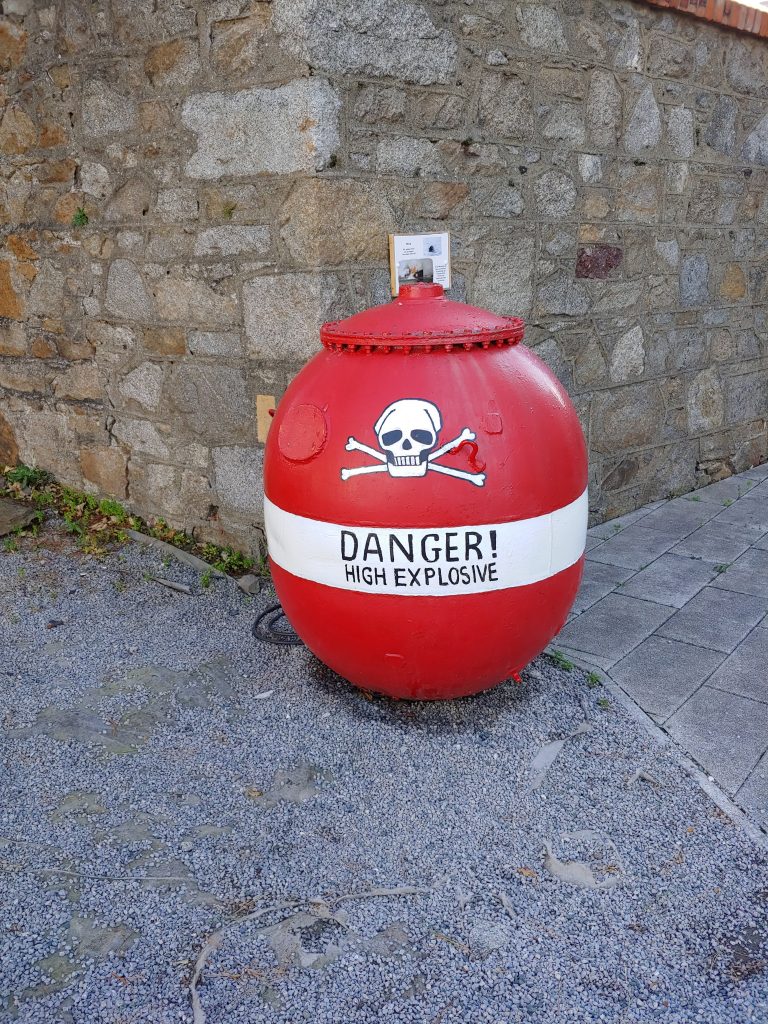
Melissa has written many short stories, novels, and poems, but her favorite creations are the ones who call her “Mama.” The mother of four was born and raised in Kentucky, residing in the city of Louisville, and is married to her favorite nerd. When not writing she loves to beta read for fellow authors, bake delicious treats, and watch Doctor Who.
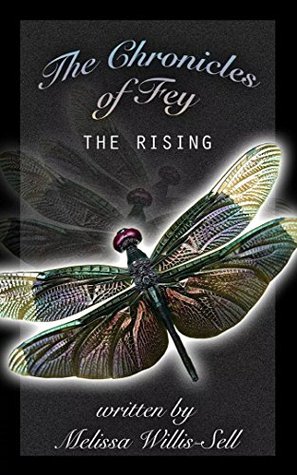
Tell me about your writing process: schedule, environment, inspirations, magic spells, etc., and how you track character development, logistics, and details throughout a series.
My writing schedule is more of moment stealing adventures. Usually when the kids are asleep, or busy with a craft, is when I find my writing moments. My bedroom is my main writing area, and usually on my bed, with either music playing, or I have the TV streaming one of my fave shows for background noise.
Dreams and music give me the most inspiration, and I do keep a journal for all the ideas they inspire. Sometimes it’s just a scene, a specific character, or even one line of dialogue. I keep a separate and detailed notebook for every story. It starts with the full synopsis and then goes into each chapter and what will happen within them. I have a binder with character names, (some are used and some aren’t) and their backgrounds. Anytime I see or hear a name I like, I add it to my collection for further use.
As for magic spells…lol, well, you’d have to get your hands on my Book of Shadows for those. 😉
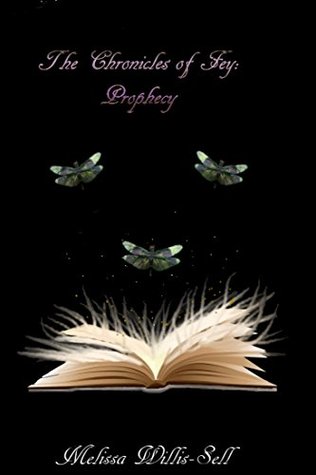
Walk me through your submission / publishing process from “final” draft to final product, including who does what when, and marketing that you do as the author.
For Stormy Island Publishing—it’s a team effort in a rotating process. (We have taken a break from the company during this time and hope to resume once life has calmed down.) We read submissions when we were able. During free time we read submissions. All submissions were download to a site we have in order to read and vote on them without knowing who wrote them. This goes for our own stories if we chose to submit something. You have to get the majority of votes to pass through to the next round. Decisions were based on plot first, so we read them as a reader not a publisher. Once we narrowed those down, we read them as editors. Something authors overlook more often than not is the editing part. There were submissions we didn’t accept because they contained major editing issues and as much as we may have liked the story, editing it would have taken major work. If the story was strong enough, we would invest the extra editing time. All editing takes a lot of time and slows the process down quite a bit when a story doesn’t read well. There are authors that can make that process difficult, and as an author I understand why that can be, however, good editors won’t change your story or your voice; they will help you build it instead.
One rule we have at Stormy is if you edited a piece for submission you can’t vote on it which keeps it from being biased.
Three of us at SIP are editors, so we all look them over to be sure we catch as much as possible. Sometimes those pesky mistakes still make it through—no one is perfect—and that’s okay; you just go over it again.
I hate editing my own work since, as all authors know, you read what you think you wrote and not what is actually there. A couple decades ago, when I was in my early teens, I met a local romance author. She was the mother of a friend of mine and a delightful lady. She told me to write the story and put it away for at least a month. Forget about it and go back to it only when you can’t remember all its contents. Reading it after that time is like reading it for the first time and if you don’t love it, either scrap it or fix it. Repeat the process until you have something you feel is great.
I still do this. However, I prefer to have my computer read it to me. Reading aloud or by text speech option on your computer is a great tool to use when editing for yourself. You catch a lot during this process. I’m not one of those authors who gets offended by critique, because honestly, in this business you need a thick skin, or you’ll crumble. I’ve worked with the public for decades so not much bothers me, and I know not to take anything personally. It’s important to know you will never please everyone and it’s okay. If you love it then it doesn’t matter what anyone else thinks. Also, it’s a good reason to be thankful for online publishing places such as Amazon.
I edit for authors and others in my own side business as well. I do love helping people with their work. I have a couple regulars who come to me when they have submissions they want tightened up before they send it off. I love that they also keep me informed when the work is accepted or rejected. You become a part of their world and that’s my favorite part of it all!
Marketing is very time consuming for all areas. My author friends, family members, and followers share my posts as much as they can. I post things in groups on shareable days and on other pages where I’m able. Whenever I see an opportunity to share, I do it. I had more luck doing local advertising, but now, with the virus, things have changed. I have put books in little book-nooks here and there for free reading since exposure is key. Put yourself in every area you are able, even if you think nothing will come of it, do it anyway.
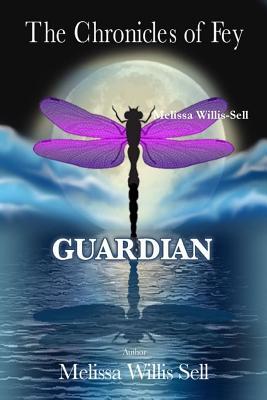
Talk about your support system online and IRL; who are your biggest cheerleaders?
Online I have several author friends who are absolutely amazing! Honestly, if we lived closer to one another we would most likely cause a lot of chaos. Lol. They are wonderful to bounce ideas around with and I love their honesty when it comes to what they do or don’t like about a story.
At home, I have a longtime friend that reads everything I write and so does my mother-in law. I know I can send them stuff and ask their opinion and get an honest answer. They are big cheerleaders for me and advertise my work as often as they are able. I appreciate them more than they know.
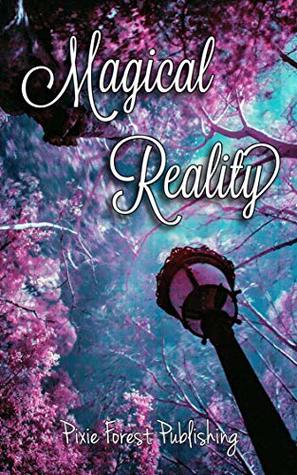
How does life influence your writing and vice versa?
I’ve had a semi-interesting life according to my oldest child, and so there are experiences I have incorporated into my work. Sounds odd since most of my stories are fantasy, but it’s true. The Chronicles of Fey started as a dream and is the same dream my main character, Kesta, has in the first chapter. Her name is also from the same dream. Writing is my therapy. I’ve always loved to read, but writing has been a passion since I was in elementary school. No matter what type of day I have had I can write and feel 100% better afterwards. It centers my mind and calms my soul. It relaxes me more than a glass of wine does. It was my escape as a child, just like reading, and always will be.
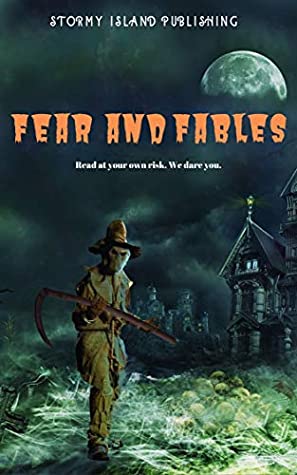
What do you love most about your creativity?
I love the way you can create something that evokes emotions in someone else. I cried writing a scene in Death’s Door and I know several who read it cried at that same scene—not that I enjoy making people cry (lol), maybe a little, but knowing they felt what I did is rather remarkable. Authors are all a part of their story and reading their work is just like reading their spirit. It was once said we open our hearts and bleed on the pages, and it’s true. I write mainly for myself, since I need to get it out of my head, but I love sharing my world of words with others. If I’ve made some smile, or brightened someone’s day with my work, well, then that’s all its about, isn’t it? 😊
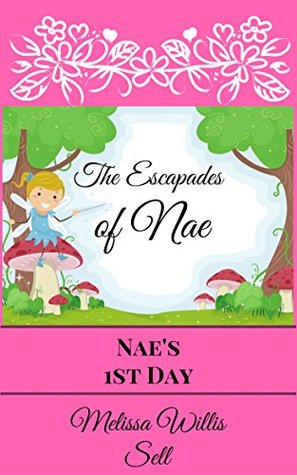
Connect with Melissa:
https://www.melissawillissell.com/
https://www.instagram.com/melissa.willissell/

